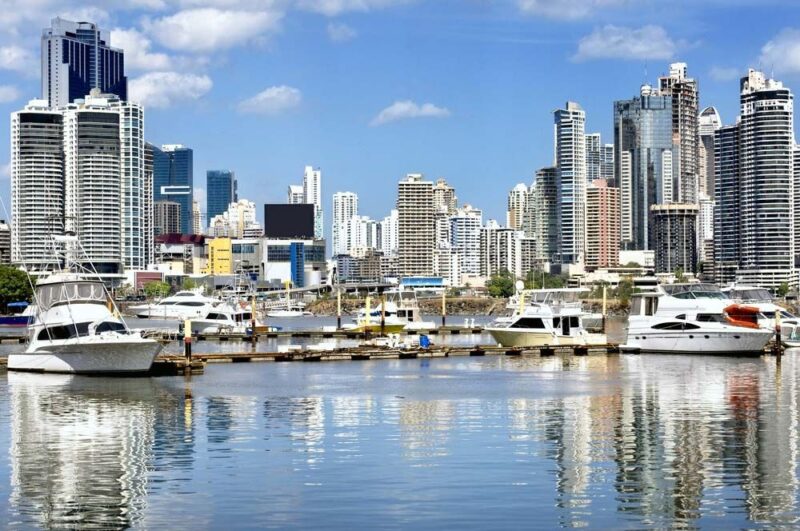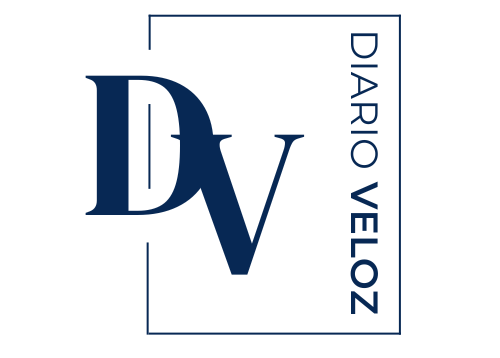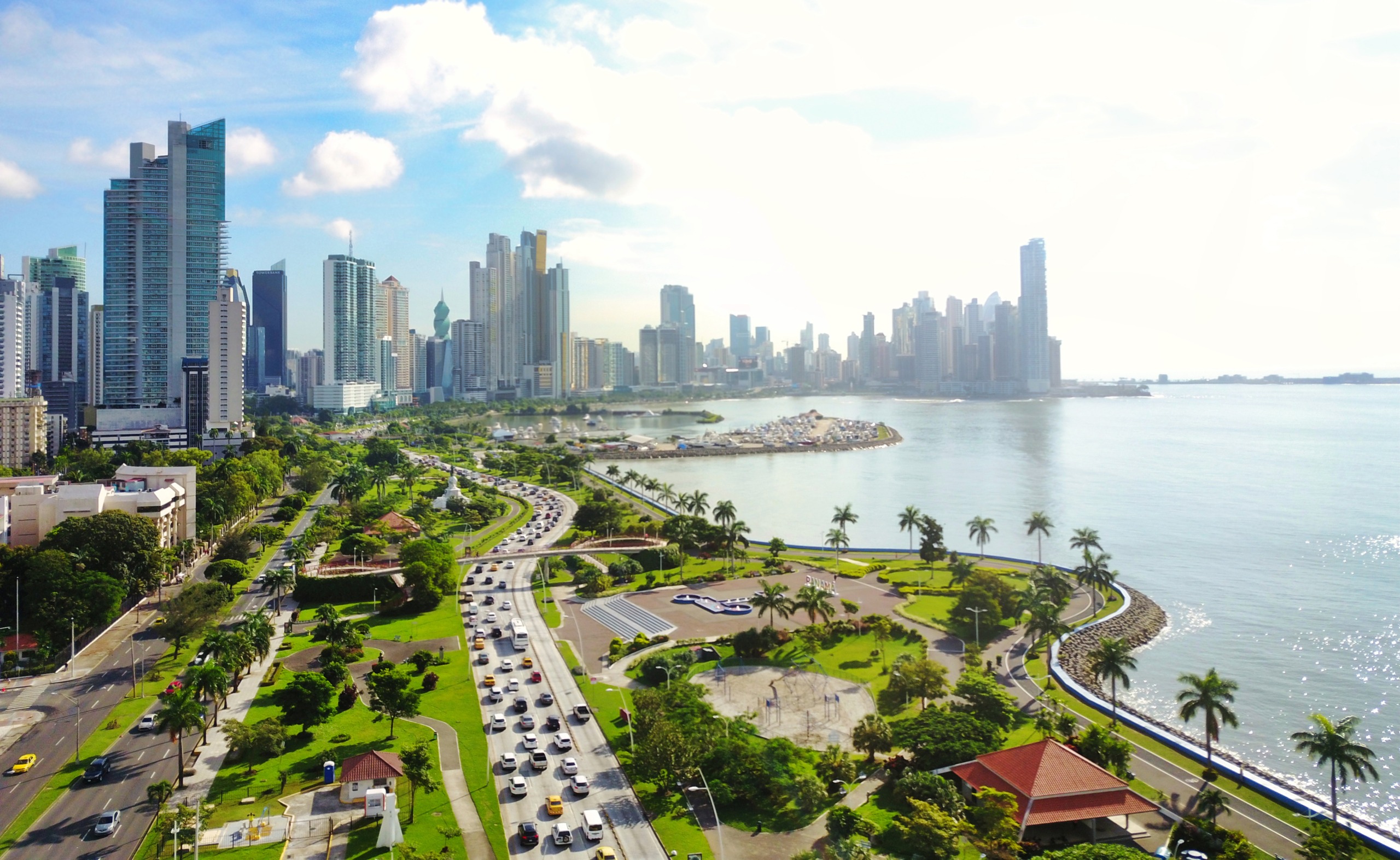When you’re ready to buy a property in Panama, it can be hard to know where to start. With so many options and properties to choose from, it can be difficult to know what’s best for you. In this blog post, we will outline the steps you need to take to purchase a real estate property in Panama. From researching prices to understanding taxes and more, read on to learn all the things you need to know before making your purchase.
The Different Types of Properties You Can Buy in Panama
There are a variety of properties that you can buy in Panama, each with its own set of benefits and drawbacks. Before making a decision, it’s important to understand the different types of real estate available in Panama. Here are the different types:
- Residential property: This is probably the most common type of property in Panama, and it includes apartments, villas, and other dwellings for use as your primary residence. These properties can be bought outright or leased for a period of time.
- Commercial property: Commercial properties are ideal for businesses that need space to operate. These properties include office buildings, warehouses, malls, and more. They can either be bought outright or leased for a period of time.
- Land: When buying land in Panama, you have the option of purchasing an entire plot of land or just a portion of it. This type of property is often used for farming purposes or to build homes on.
- Investment properties: Investment properties are perfect for those who want to make an investment but don’t necessarily want to live in the same location as their investment. These properties include vaults and other secure locations that can be used for storage purposes or as commercial centers.
The Steps to Buying a Property in Panama

Real estate in Panama is a popular investment for foreigners looking to minimize their tax burden. Here are the steps you need to take to buy real estate Panama:
- Understand the taxation system in Panama. The Panamanian government imposes a 30% income tax on all income earned within the country, with no cap on the amount of taxes that can be due. Additionally, real estate purchases and inheritances are both subject to an inheritance tax of 8% (plus local taxes). All of this means that if your total estimated taxes due are greater than your total purchase price, you will likely have to make some cuts to your purchase.
- Get a good financial advisor. A qualified financial advisor can help you identify any potential tax liabilities and help you prepare your purchase paperwork accordingly.
- Make sure you have adequate funds available. It is important to remember that a property purchase in Panama involves closing costs (usually around 7-8% of the purchase price), as well as stamp duty (around 2% of the purchase price) and real estate agent commissions (around 5%). If you don’t have enough cash available up front, it may be necessary to take out loans or use other sources of financing such as a home equity loan or mortgage.
- Do your research. Before making any purchases, it is essential that you do your research and understand all of the nuances involved in purchasing property in Panama – from zoning laws to local utilities availability and more!
Conclusion

When it comes to buying a property in Panama, there are a number of things you should know. In this article, we have outlined the key steps you need to take during your purchase process in order to ensure that everything goes smoothly. From finding the right real estate agent to understanding your rights and obligations as a buyer, we have covered everything you need to make an informed decision when purchasing property in Panama. So if you’re thinking about making a move to the Central American country, be sure to read all of our advice before jumping into any negotiations.

